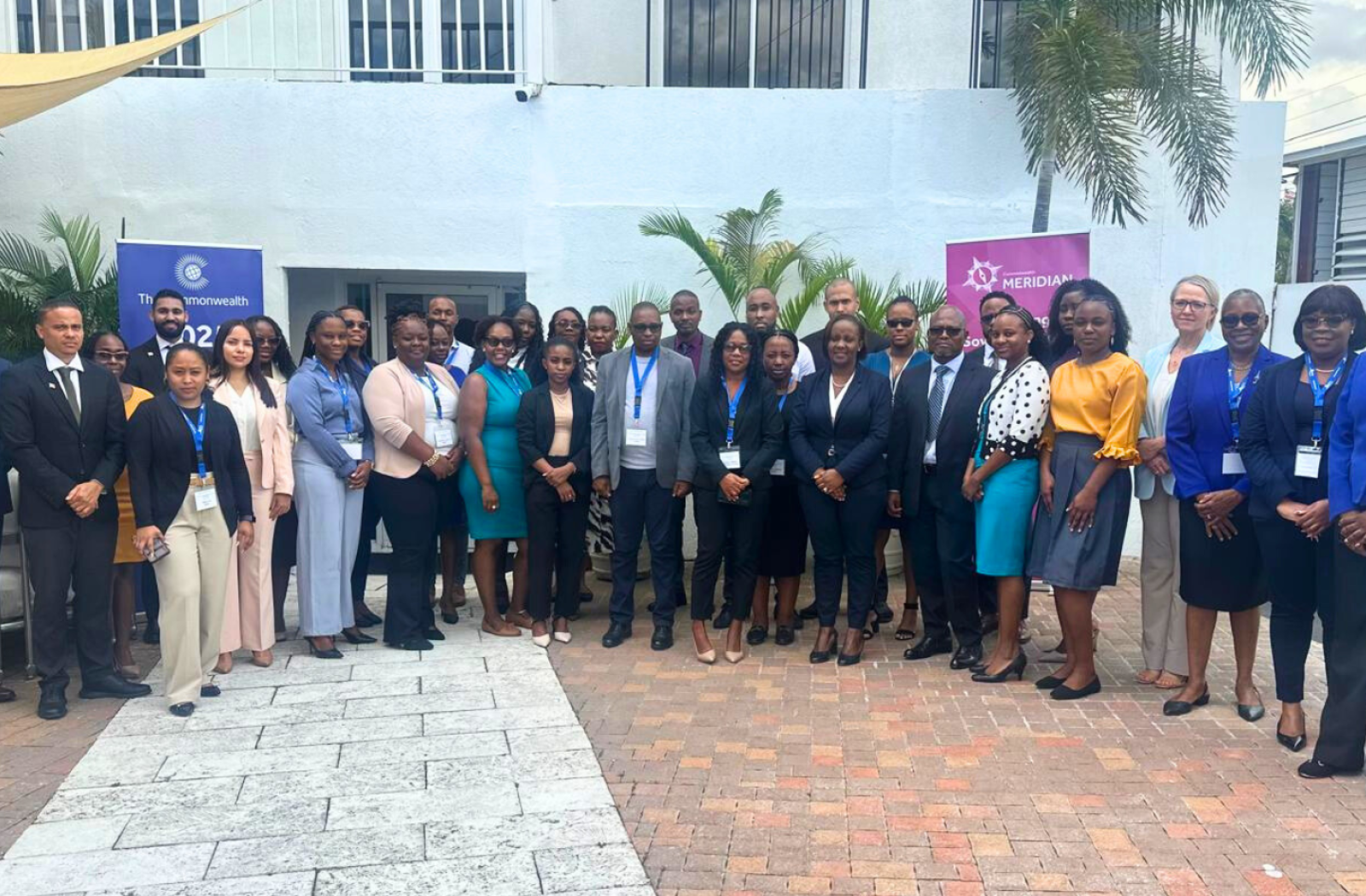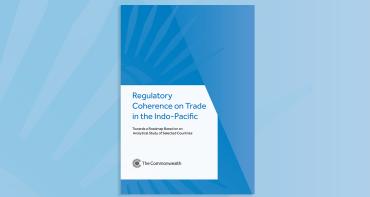While debt often carries a negative connotation, when managed well, it allows governments to invest in projects that improve lives and build economic resilience.

Against that backdrop, 33 public debt managers from 16 Caribbean countries came together in Jamaica for an intensive workshop on improving debt data quality and transparency.
Officials from the Eastern Caribbean Central Bank and the UK Overseas Territories also took part in the workshop.
Held from 19 to 30 May 2025, the training was co-organised by the Commonwealth Secretariat and the International Monetary Fund (IMF), with support from the UK Foreign, Commonwealth and Development Office.

Commonwealth Meridian
At the heart of the workshop was Commonwealth Meridian, a web-based debt management software used by all but one participating country.
Delegates received hands-on training in the software’s latest features, aimed at making debt data more reliable and accessible to build trust with creditors, investors and citizens.
“The hands-on Meridian training was very beneficial as my country is currently transitioning to Meridian,” said Kizzy Clarence, from Grenada’s Ministry of Finance.
“The training will help me improve the data quality of my reporting. Without this technical assistance, it would be rather difficult to perform the required debt functions.”
Theodora Andrews, from the Central Bank of Belize, added:
“The workshop highlighted just the right topics and issues we can apply in our debt management office to improve processes and reporting standards for all our stakeholders.”

Building trust through data
In his opening remarks, Thordur Jonasson, Deputy Division Chief in the IMF’s Monetary and Capital Markets Division, highlighted the evolving role of debt managers as strategic partners in advancing debt transparency and data quality, stressing that their work is key to prudent debt management and policymaking.
Joining virtually, Dr Ruth Kattumuri, Senior Director of the Economic, Development, Trade and Investment Directorate at the Commonwealth Secretariat, said:
“In a region affected by severe impacts of climate change every year, where natural disasters can trigger fiscal distress, debt transparency plays a crucial role for maintaining trust with citizens, creditors and development partners.
“It reinforces accountability and enables more strategic and data-driven borrowing decisions that support economic resilience for countries with their recovery plans amid fiscal challenges.”
Dr Kattumuri also noted that the Commonwealth’s debt management programme has been supporting countries for 40 years and this milestone is being observed this year through the Commonwealth Year of Resilient, Innovative and Sustainable Debt.
Experts from the Commonwealth Secretariat, IMF, the World Bank, and the Caribbean Development Bank led the training, sharing best practices and insights to help countries align debt management with national development goals.
Media contact
-
Snober Abbasi, Senior Communications Officer, Communications Division, Commonwealth Secretariat



